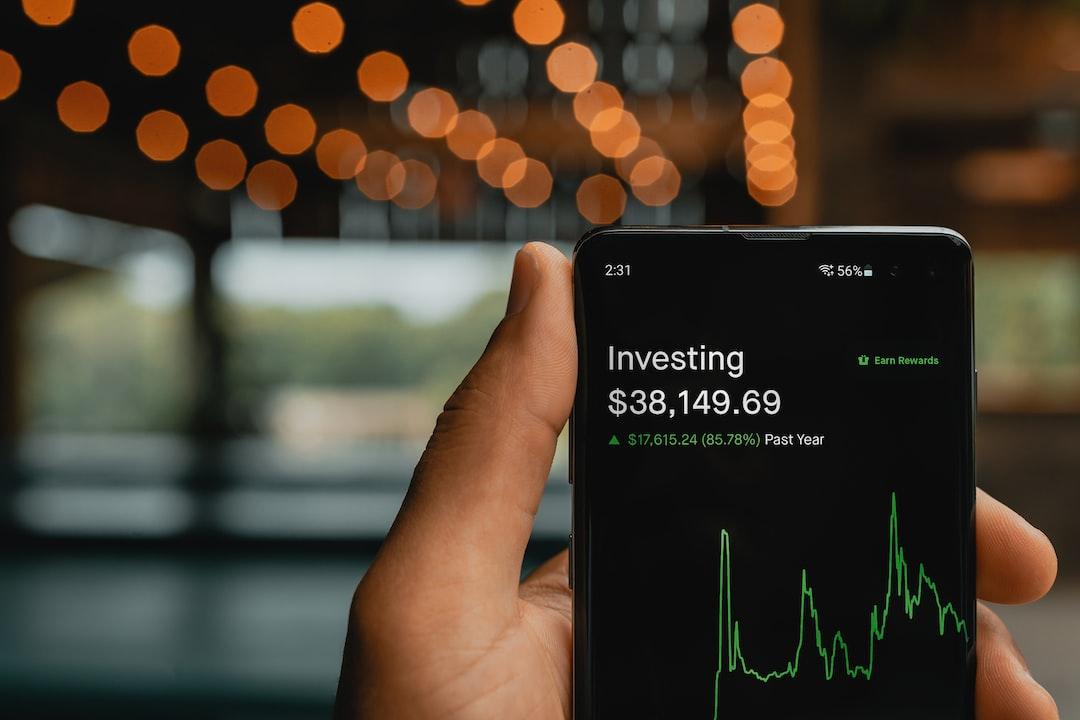Curve’s founder, Michael Egorov, has announced that he has successfully repaid the $10 million in bad debt resulting from soft liquidations triggered by a hacking attempt on June 13th.
In the aftermath of the incident, Egorov took to social media to clarify that the size of his positions had overwhelmed the markets, leading to $10 million in bad debt. He stated that he had already settled 93% of the debt.
The Hack
The attempted hack on June 13th caused soft liquidations of Egorov’s positions due to a sudden and significant increase in borrowing costs. Egorov faced $140 million in liquidations as a result of $95 million in stablecoin debt and a $60 million annualized fee to maintain his positions.
Additionally, Curve’s token, CRV, experienced a sharp 28% drop during the incident. In response, Egorov proposed burning 10% of CRV tokens, worth $37 million, to stabilize the token’s price. He also offered increased APY as an incentive to voters supporting the initiative.
The recent crisis at Curve has raised concerns about the risks associated with Egorov’s debt positions and their impact on the platform’s stability. These concerns were first highlighted in a 2023 Delphi Digital report, which warned that Egorov’s $100 million in loans across DeFi protocols could potentially lead to a collapse in the DeFi sector.
LLAMMA Soft Liquidation Mechanism Functions Properly
Despite the challenges faced by the Curve platform, Egorov reassured users that the LLAMMA soft liquidation mechanism operated as intended. This mechanism gradually erodes a borrower’s “health” as a debtor and liquidates their funds slowly. Once a borrower’s health reaches 0%, the mechanism initiates a hard liquidation of the borrower’s assets and closes out the loan.
In other news, zero-knowledge proofs are showing promise beyond the realm of crypto, from voting to finance.

